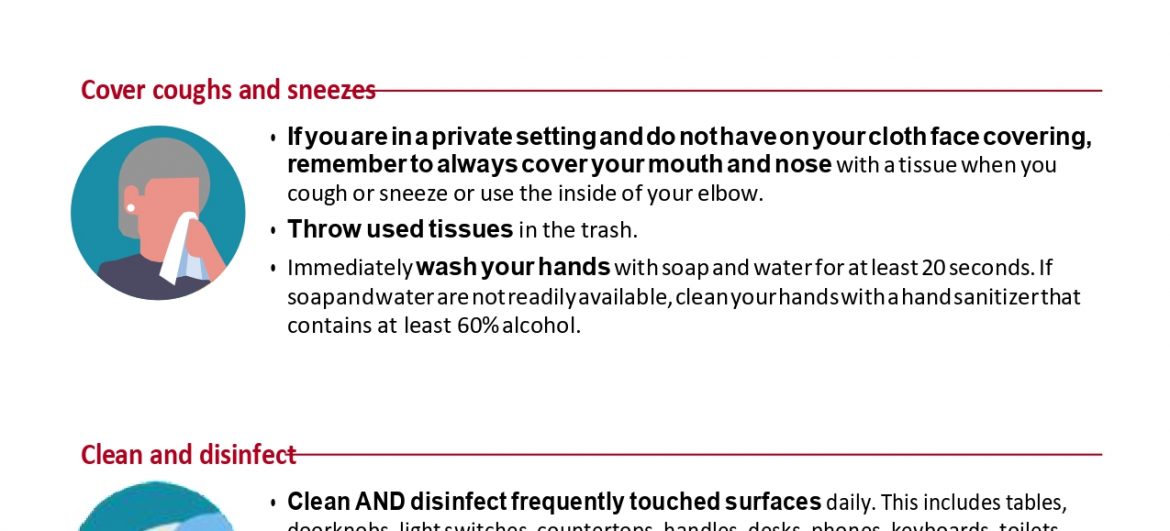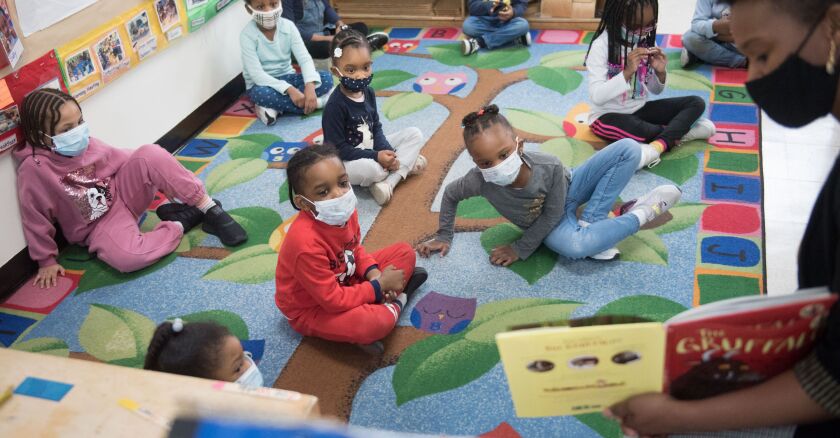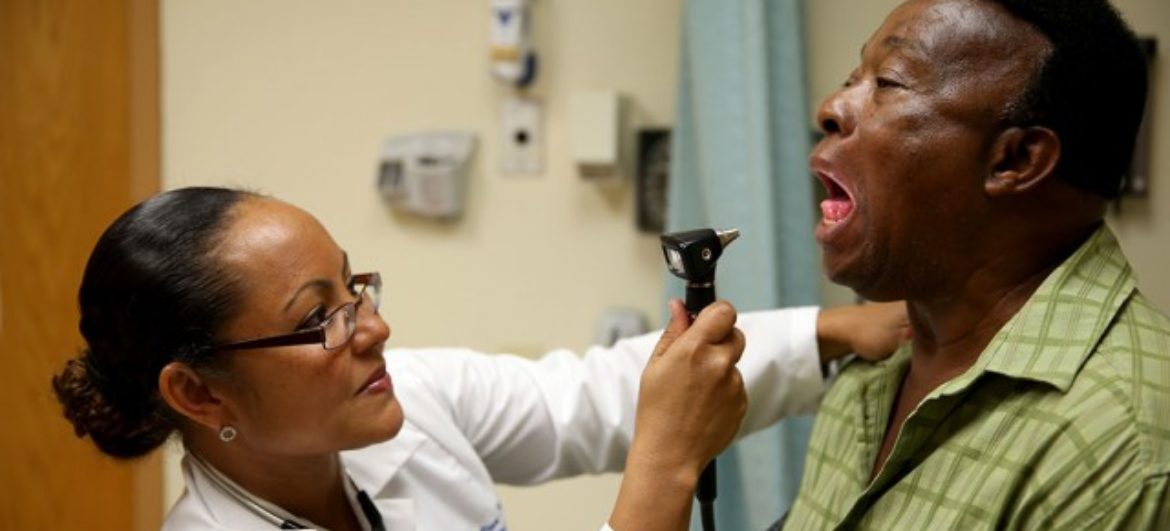Problem 1: Too Much Unnecessary Care Overuse and unnecessary care accounts for anywhere from one-third to one-half of all health care costs, which equal hundreds of billions of dollars, in addition to the half-a-trillion per year experts attribute to lost productivity and disability.Early elective deliveries are unnecessary, according to advice by the American College of Obstetricians and Gynecologists, that has been repeated for more than 30 years (that’s not a typo – 30 years), a point reinforced today at a press
Support groups at BID-Plymouth The Beth Israel Deaconess Hospital-Plymouth, 275 Sandwich St. in Plymouth (formerly the Jordan Hospital), offers numerous support groups on a regular basis. Visit www.bidplymouth.org/calendar or call 508-746-2000 for details. Alcoholics Anonymous Alcoholics Anonymous is a fellowship of men and women who share their experience, strength and hope with each other that they may solve their common problem and help others to recover from alcoholism. The only requirement for membership is a desire to stop drinking. There are no dues or
Quality care is providing the right care at the right time in the right place.In order to provide quality care, one needs to understand that quality care comes when each person is treated the same, regardless of race, gender, ethnicity, sexual orientation and disability. Far too often, patient care fails to meet the standard of diverse care. Poor quality generally takes the form of underuse and misuse of patient information because of their race or ethnicity. As a concept, diversity
When we set out to compile our annual list of global health issues to watch this year, it seemed like all bad news. And true, that’s often what we deal with in global health—the problems that need tackling, the suffering we can help alleviate.But then stories and columns like this one cheer us up. They remind us that no matter how complicated and frustrating our work may get, fighting back against poverty and inequality works.There are and always will be global
May is the Employee Health & Fitness Month. Global Employee Health & Fitness Month (GEHFM) is an international observance of health and fitness in the workplace. The goal of GEHFM is to promote the benefits of a healthy lifestyle to employers and their employees through worksite health promotion activities and environments.At the HWG, even with the prevalence of COVID-19, our vision is that one day everyone will be physically active, and they will live, WORK, and play in environments that facilitate regular physical
The best way to prevent illness is to avoid being exposed to this virus. Learn how COVID-19 spreads and practice these actions to help prevent the spread of this illness.To help prevent the spread of COVID-19, everyone should:Clean your hands often, either with soap and water for 20 seconds or a hand sanitizer that contains at least 60% alcohol.Avoid close contact with people who are sick.Stay at home as much as possible.Put distance between yourself and other people (at least
Our strength lies in supporting the diagnosing and treating of mental health issues from infancy through early adulthood using the latest and best techniques. This is ideal in today’s environment with complex forms of treating children’s mental disorders. The emotional wellbeing of children is just as important as their physical health. Good mental health allows children and young people to develop the resilience to cope with whatever life throws at them and grow into well-rounded, healthy adults.
With the rapid aging of our population, even as overall health improves the number of older adults who could benefit from social benefits are expected to increase. For example, the aging of the American population is dramatically altering the composition of our country, not just today, but for the foreseeable future. Population ageing, driven by declining fertility, increasing longevity, and the progression of large-sized cohorts to older ages, is the dominant global demographic trend of the 21st century. This demographic change has resulted in increasing numbers and proportions of people who are over 60. The aging population needs our support to sustaining














